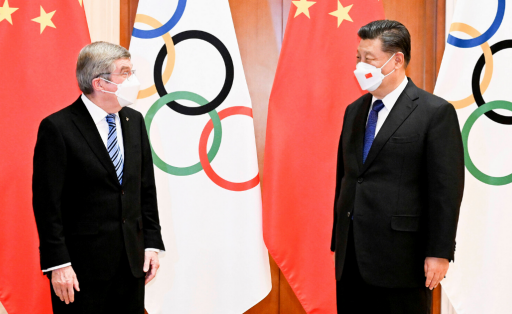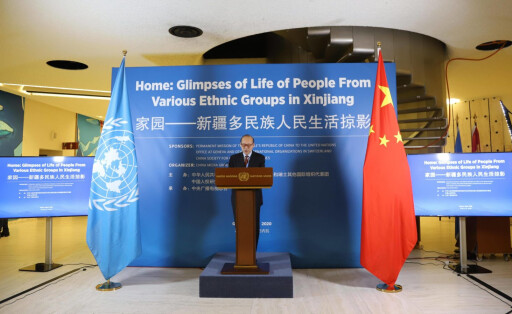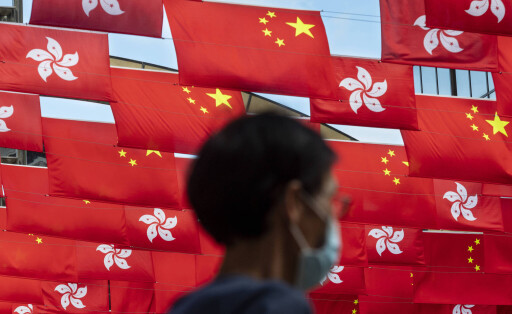



Wherever criticism of China is voiced during the 51st session of the Human Rights Council in Geneva, diplomats from the People's Republic are close. They hijack panel discussions with minute-long statements and take down the names of all opposing speakers. Through its influence on other UN bodies, the country denies accreditation to UN participants it does not want to speak out. Instead, Chinese organizations under the guise of independence increasingly claim more speaking time.
By Marcel Grzanna

Uncertainty in Hong Kong has increased further since the new chief executive John Lee took office. Even German citizens are censoring themselves as a precaution because they are not sure where the authorities draw political red lines. The consequences are emigration and a growing shortage of skilled workers. But the city seems more concerned with spreading political mantra than economic confidence.
By Ning Wang



Hong Kong is home to many multinational and German companies. As a bridgehead to China, but also for the region, the city is very attractive. But for the past few months, people have been wondering more and more about Hong Kong's future. Will the city manage to gain significance, or will the metropolis take a back seat to locations on the Mainland?
By Ning Wang

The 51st session of the UN Human Rights Council in Geneva raises serious allegations against the Chinese government. But a possible resolution on human rights crimes in Xinjiang is unlikely. With years of lobbying, Beijing has rallied dozens of states to its side – and hopes that the Western coalition will begin to crumble.
By Marcel Grzanna


The EU Commission wants to ban the sale of products made from forced labor - and is already accepting verifiable evidence for this. And there is already plenty of evidence in the Chinese region of Xinjiang. However, it will still take some time before the ban is introduced.
By Amelie Richter